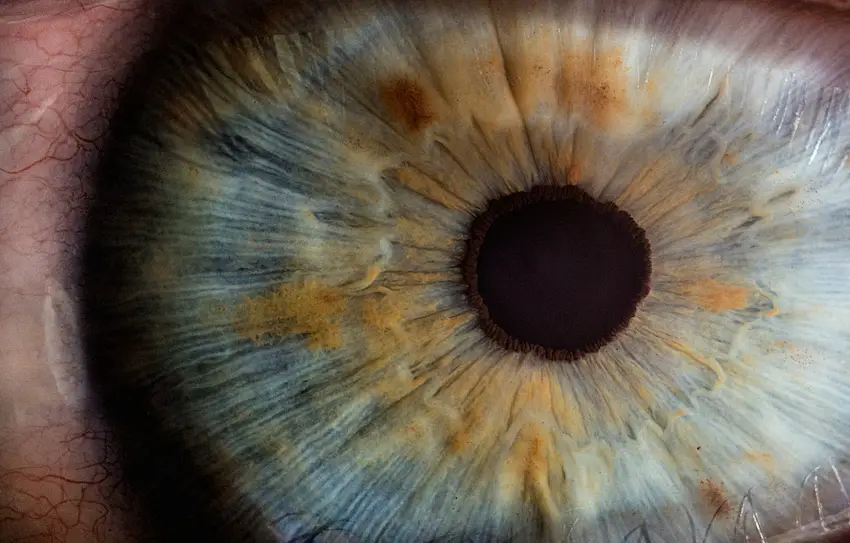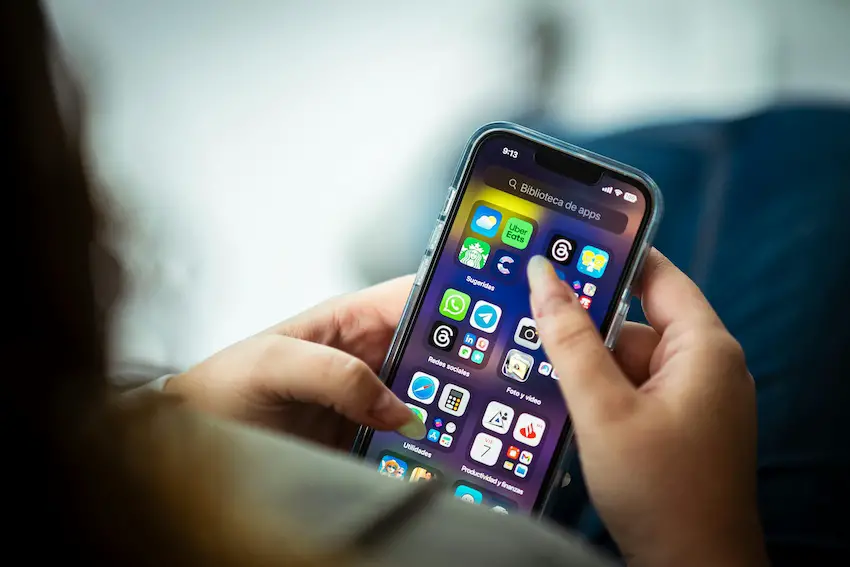Would you like to order pizza, tacos, or an orb that will collect your biometric data? The latter may soon become an option in Mexico thanks to a partnership between delivery app Rappi and Worldcoin, a project that uses data collection balls to build a database that it hopes will one day be used to verify people’s humanity.
In September, Mexico’s National Institute for Transparency and Access to Information (INAI) opened an investigation into a project known as Worldcoin, an eye-scanning ball that records biometric data. Now Worldcoin has announced that, starting next year, “Orb” will be available in Latin America on demand like pizza. Wired reports that through a partnership with the Rappi app, citizens will be able to display the Orb on their doorstep to scan their irises, so they can sign up to the World Network from the comfort of their own homes.

Worldcoin arrived in Mexico last year and can be found in 13 locations across the country, from Monterrey to Guadalajara and at least six locations in Mexico City, according to monthly technology magazine Wired.
More than 5 million people have queued to stare at the bowling ball-sized ball and have their irises scanned, worrying privacy advocates and regulators, some of whom have banned its use in their respective countries. Additionally, Worldcoin is under intense scrutiny for alleged fraudulent and exploitative practices in recruiting individuals to have their irises scanned.
Early last month, INAI expressed concern by announcing that it had opened its own investigation into the project. The agency is deeply concerned about the potential misuse of personal information and biometric data, and decided to open an investigation after receiving complaints from users in Mexico.
Does “Orb” collect biometric data from children in Mexico?
INAI informs the public that anyone who believes their personal information has been breached can file a complaint which will be included in its investigation.

Days later, Xataka, a Mexican technology publication, reported that it was unclear whether INAI would take action to limit Worldcoin’s data collection or whether INAI could ban its use.
According to the project, in addition to receiving online ID verification, users are also rewarded with 25 WLD, a digital currency worth approximately US$115.
However, the N+ news agency reported that a large number of users said they had not received the digital currency. Additionally, minors allegedly participated in the project, which is a violation of Mexican law prohibiting the collection of biometric data from the underage population.
Maintaining Worldcoin
Sam Altman, founder of Worldcoin and CEO of OpenAI, claimed that the project – which began in 2019 – aims to create a “global financial and identity network based on personality evidence,” which is seen as crucial in an era where artificial intelligence has become commonplace.
Altman’s reasoning is that it is increasingly important for humans to prove they are not bots. The result is iris scanning technology to generate a personal token that will verify their identity worldwide.
However, writes Cointelegraph, since its inception, Altman’s startup “has received backlash from influential privacy advocates, including American whistleblower Edward Snowden,” over concerns about how it stores and uses biometric data.
Project managers insist that they do not store or catalog biometric data, but advocates argue that not attaching names to the data collected is not enough to guarantee that personal data is not vulnerable.
With reports from Xataka, N+, cointelegraph And Cable






